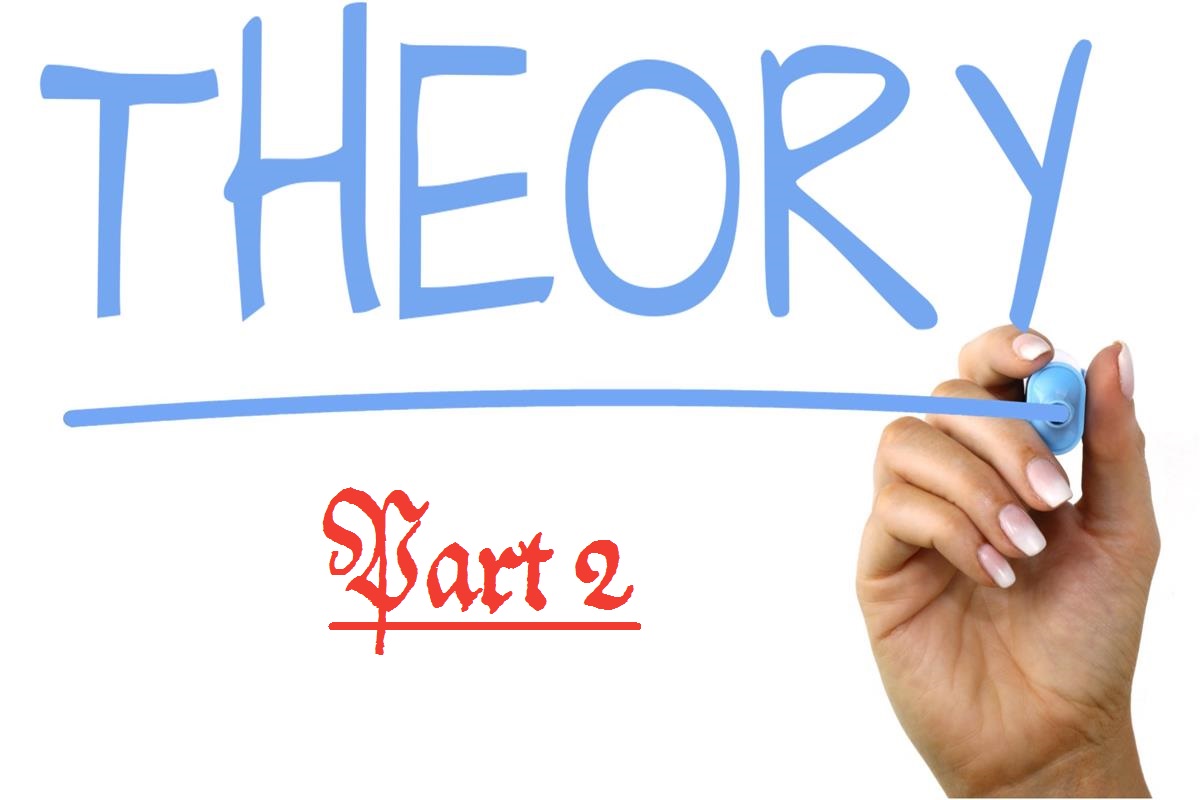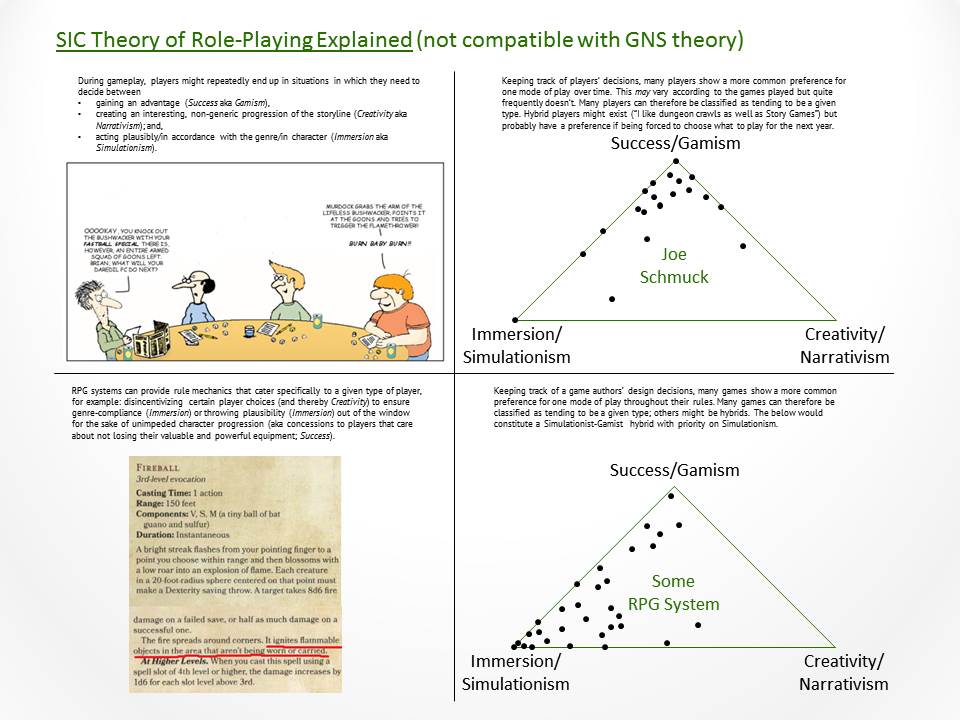RPG Theory with Rigor, Part 2
 The problem with definitions
The problem with definitions
In the meantime, there has been a fairly lengthy debate of our first blogpost in which an old problem arose that has been marring the theoretical discussion of RPGs for a long time now: the question of how even basic terminology like games, role-playing games, story, etc. is being defined. Therefore, before continuing our efforts further below to introduce a greater amount of rigor into RPG theory, we need to have a look at these debates about definitions and the problem that definitions of even common terms pose… Read More
 Rebuilding from the ground up
Rebuilding from the ground up Towards a better understanding
Towards a better understanding